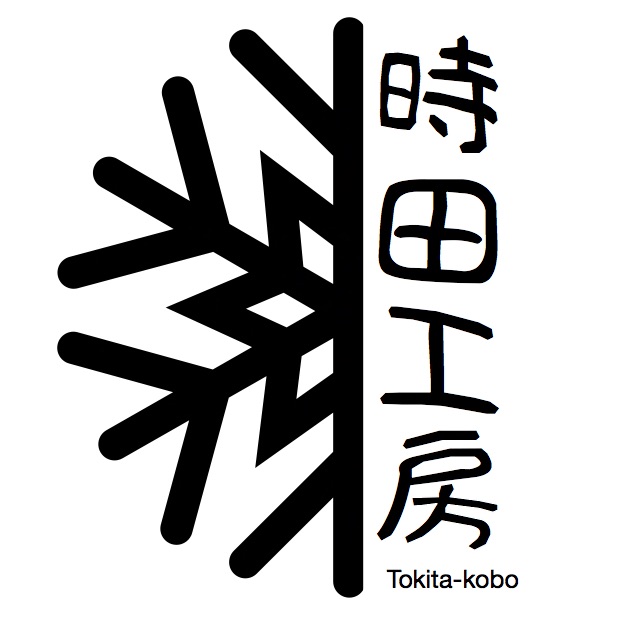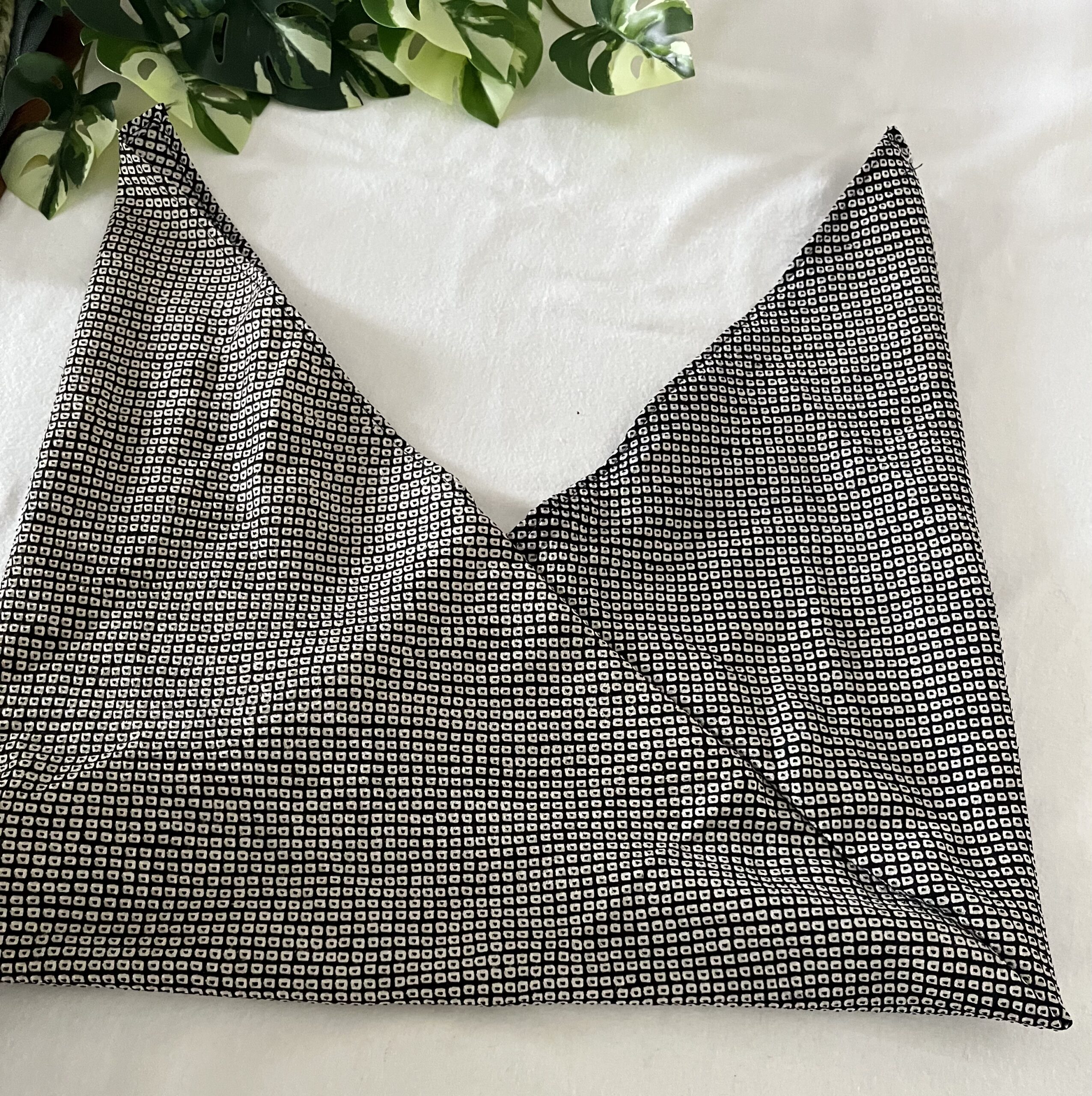In an age where sustainable living is more important than ever, it’s inspiring to look at traditional practices that have always prioritized reusability and minimal waste. One beautiful example from Japan is the Azuma Bukuro (あずま袋)—a simple, foldable, and versatile fabric bag rooted in centuries-old wisdom.
What is Azuma Bukuro?

Azuma Bukuro, sometimes written as Azuma Bag, is a traditional Japanese cloth bag made from a single piece of fabric folded and sewn into a triangle-shaped pouch. Unlike modern bags with zippers or complicated stitching, Azuma Bukuro uses a minimalist design with simple folds and seams, making it easy to craft and incredibly practical.
It’s believed that this style of bag originated during the Edo period, when it was used for carrying daily essentials or wrapping gifts. The name “Azuma” means “East,” referring to Eastern Japan where this bag style became particularly popular.
Why It’s Still Loved Today
In modern times, the Azuma Bukuro has had a resurgence thanks to its eco-friendly and stylish appeal. Here’s why people still love it:
- Eco-conscious: It’s reusable, washable, and long-lasting—making it a great alternative to plastic shopping bags.
- Foldable & Compact: It folds flat and fits easily in another bag or pocket, perfect for on-the-go errands.
- Customizable: Crafters often make them from upcycled kimono fabric, adding a cultural and sustainable touch.
- Beautiful & Functional: With beautiful fabric choices and a practical structure, it’s both stylish and useful.
How It’s Used
You can use an Azuma Bukuro for many things:
- As an eco-bag for grocery shopping or farmer’s markets
- As a gift bag, wrapping the present itself in a reusable way
- As a project bag for carrying knitting, crafts, or lunches
- Even as minimalist fashion, matching your outfit or traditional wear like yukata
At Tokita Kobo, we make Azuma Bukuro using upcycled kimono fabric, giving new life to beautiful textiles that would otherwise be discarded. Each bag is unique and tells a story through its pattern and origin.
The Spirit of “Mottainai”
The Azuma Bukuro reflects the Japanese philosophy of mottainai—the idea of not letting things go to waste. It embodies simplicity, practicality, and beauty, all while promoting sustainable living.

